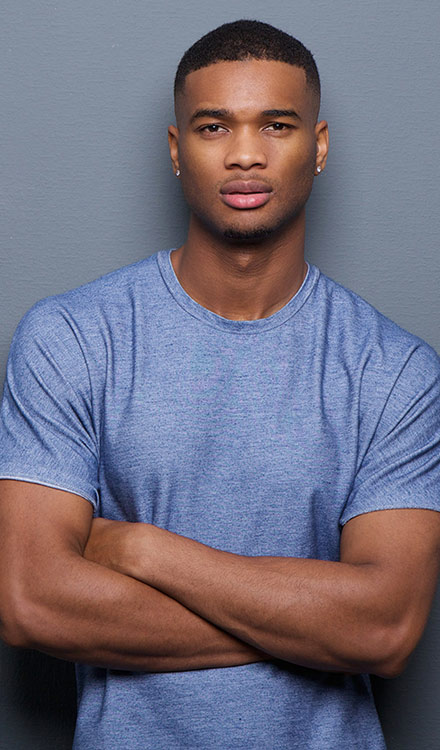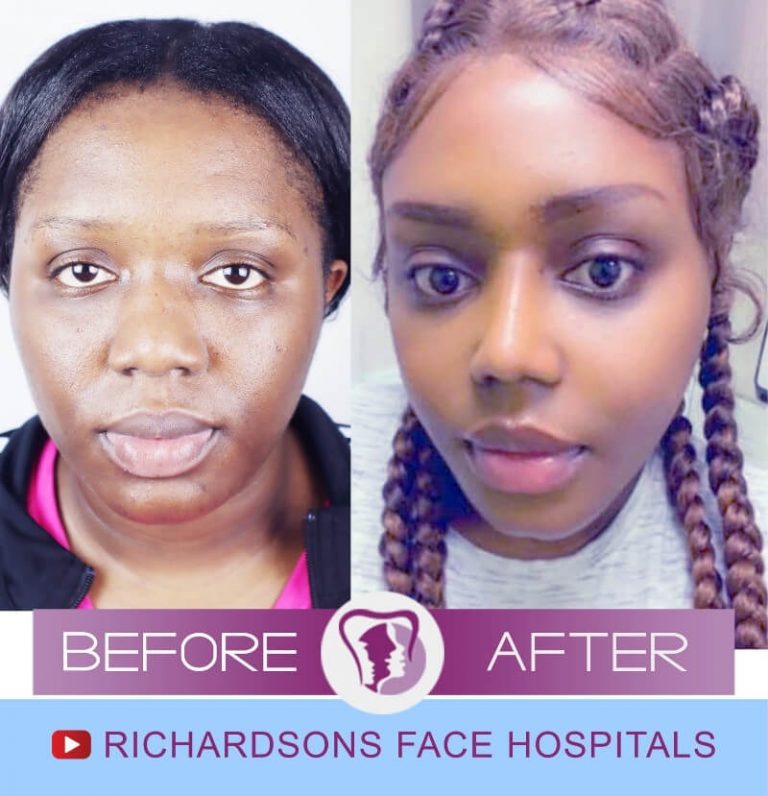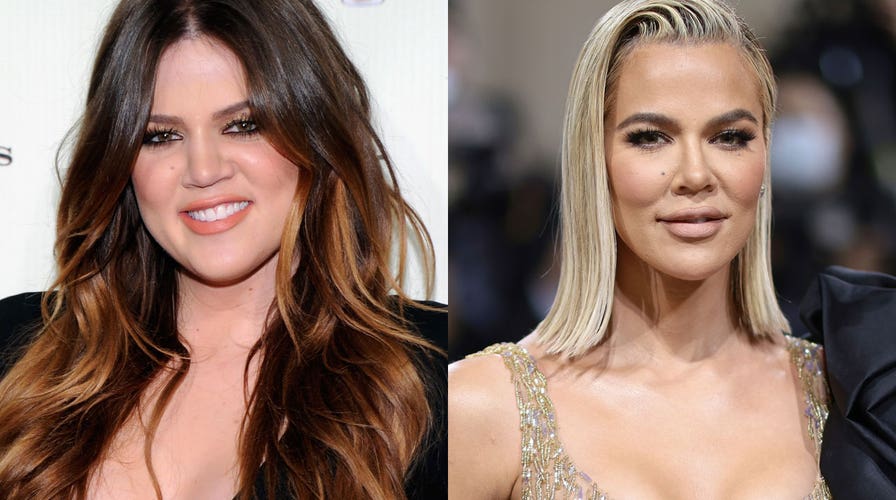Investigating the Mental and Social Variables That Drive Individuals to Consider Cosmetic Surgical Procedure as a way of Improvement
The decision to seek plastic surgery typically prolongs past plain appearances, linking with social and mental characteristics that warrant detailed examination. Variables such as self-confidence, pervasive societal beauty standards, and the pervasive impact of social media sites merge to shape private inspirations for medical improvement. As these impacts end up being progressively popular, comprehending the underlying emotional and cultural contexts is necessary. What continues to be to be discovered is the extensive impact these elements have not just on individuality yet likewise on wider societal norms and values bordering beauty and acceptance.
The Function of Self-Esteem
Self-esteem considerably influences a person's decision to pursue plastic surgery. Individuals with reduced self-worth frequently regard themselves in an unfavorable light, causing feelings of inadequacy concerning their physical appearance. This adverse self-perception can drive them to look for medical treatments as a technique of improving their self-image. The wish for enhancement in one's appearance is regularly linked to a belief that such adjustments will certainly raise their overall self-respect and self-confidence.

Eventually, the duty of self-confidence in the decision-making process pertaining to plastic surgery highlights the complex interplay between body picture, individual contentment, and psychological health and wellness. Comprehending this relationship is crucial for medical care experts to guarantee that individuals are making notified choices rooted in realistic assumptions and psychological wellness.
Societal Appeal Criteria
Influenced by prevalent media representations and social narratives, social beauty standards play an essential function fit people' understandings of their own bodies. These requirements are often identified by an idyllic type of beauty that highlights traits such as youthfulness, proportion, and slimness. As these ideals are perpetuated via different networks, consisting of movie, advertising and marketing, and tv, people frequently internalize these messages, bring about dissatisfaction with their all-natural look.
The ramifications of these social norms prolong past aesthetic preferences; they can influence self-confidence, psychological wellness, and interpersonal partnerships. People who view themselves as dropping short of these requirements may experience feelings of inadequacy, motivating a wish for cosmetic surgery as a way of attaining societal authorization. This pursuit is usually fueled by the idea that satisfying these ideals will certainly improve not just physical appearance but likewise social standing and personal satisfaction.

Influence of Social Media Site
The impact of social charm requirements is further amplified by the increase of social media sites systems, where curated pictures and idyllic representations of elegance are ubiquitous. Individuals are continuously revealed to filteringed system here and edited photographs, which typically illustrate unattainable physical attributes. This direct exposure cultivates a culture of contrast, leading individuals to evaluate their own appearance against these often impractical criteria.
Social media influencers and celebs frequently promote cosmetic procedures, stabilizing the idea that medical enhancements are a sensible ways for accomplishing societal suitables (plastic surgery rancho cucamonga). The presence of these enhancements can develop a perception that undertaking plastic surgery is a common method, therefore affecting people to think about similar interventions as a pathway to improved self-esteem and social approval
In addition, the interactive nature of social media sites enables prompt comments via sort and remarks, even more strengthening the need to comply with popular charm criteria. Such interactions can intensify sensations of inadequacy and drive people toward plastic surgery as a way of acquiring validation. Eventually, social networks plays a pivotal duty in forming assumptions of charm, which significantly affects the decision-making procedures bordering plastic surgery.

Cultural Perspectives on Appearance
Across various societies, understandings of appearance are deeply rooted in historical, social, and economic contexts, shaping individuals' sights on elegance and value. In numerous societies, appearance works as a substantial marker of identity, influencing social standing, professional chances, and personal connections. For instance, in some societies, light skin is typically associated with wide range and benefit, while others might idealize darker skin tones as icons of stamina and credibility.
Additionally, conventional charm requirements are commonly continued with cultural narratives, media depictions, and family members affects, resulting in varying perfects across different areas (plastic surgery rancho cucamonga). In Western societies, the emphasis on youth and physical health and fitness often drives individuals toward aesthetic improvement, while in certain Eastern societies, more refined adjustments lined up with conventional aesthetics might be chosen
Globalization and the proliferation of electronic media have better made complex these dynamics, producing a hybridization of elegance ideals that goes beyond geographical limits. As individuals significantly navigate these cultural narratives, the stress to satisfy details look criteria can result in the need for cosmetic surgical treatment, mirroring a complex interaction of individual goals and social values. Recognizing these cultural viewpoints is crucial in dealing with the motivations behind plastic surgery factors to consider.
Emotional Impacts of Plastic Surgery
Numerous people seeking cosmetic surgery report experiencing extensive emotional influences that can substantially modify their self-perception and emotional wellness - plastic surgery rancho cucamonga. The desire for physical navigate to these guys improvement frequently stems from underlying problems such as low self-confidence, body dysmorphic disorder, or social pressures pertaining to appeal criteria. For some, the instant post-operative phase can lead to a short-lived boost in self-esteem and fulfillment with their look, promoting a sense of empowerment
Nonetheless, these favorable feelings may not be withstanding. Research study suggests that while some individuals experience enhanced self-esteem, others might deal with increased stress and anxiety or anxiety if their assumptions are not met. This inconsistency can develop from unrealistic suitables continued by media depiction and social stories bordering elegance.
In addition, the emotional ramifications of cosmetic surgery prolong past the person. Relationships with family members and buddies might be strained as social characteristics change, resulting in sensations of isolation or alienation. Ultimately, the mental influences of plastic surgery are complex and complex, calling for careful consideration by both prospective clients and doctor to guarantee educated decision-making and practical expectations.
Final Thought
In verdict, the decision to go after cosmetic surgical procedure is significantly affected by a mix of self-worth concerns, social charm criteria, and social viewpoints on look. The pervasive reach of social media sites better exacerbates these stress, promoting unrealistic suitables that people typically make every effort to obtain. Understanding these social and mental elements is essential for dealing with the inspirations behind plastic surgery, highlighting the demand for a much more nuanced discussion bordering appeal and self-acceptance in contemporary culture.
The choice to seek cosmetic surgical treatment typically extends past plain looks, linking with emotional and social characteristics that warrant detailed examination. Eventually, social media plays a crucial duty in shaping understandings of charm, which significantly impacts the decision-making procedures bordering cosmetic surgery.
As people increasingly navigate these cultural stories, the pressure to adjust to certain look criteria can lead to the desire for cosmetic surgical procedure, mirroring an intricate interplay of individual ambitions and social worths.In conclusion, the choice to seek cosmetic surgery is substantially affected by a combination of self-worth concerns, societal charm requirements, and cultural viewpoints on appearance. link Comprehending these social and mental elements is important for addressing the inspirations behind cosmetic surgical treatment, highlighting the demand for a more nuanced conversation bordering elegance and self-acceptance in contemporary society.